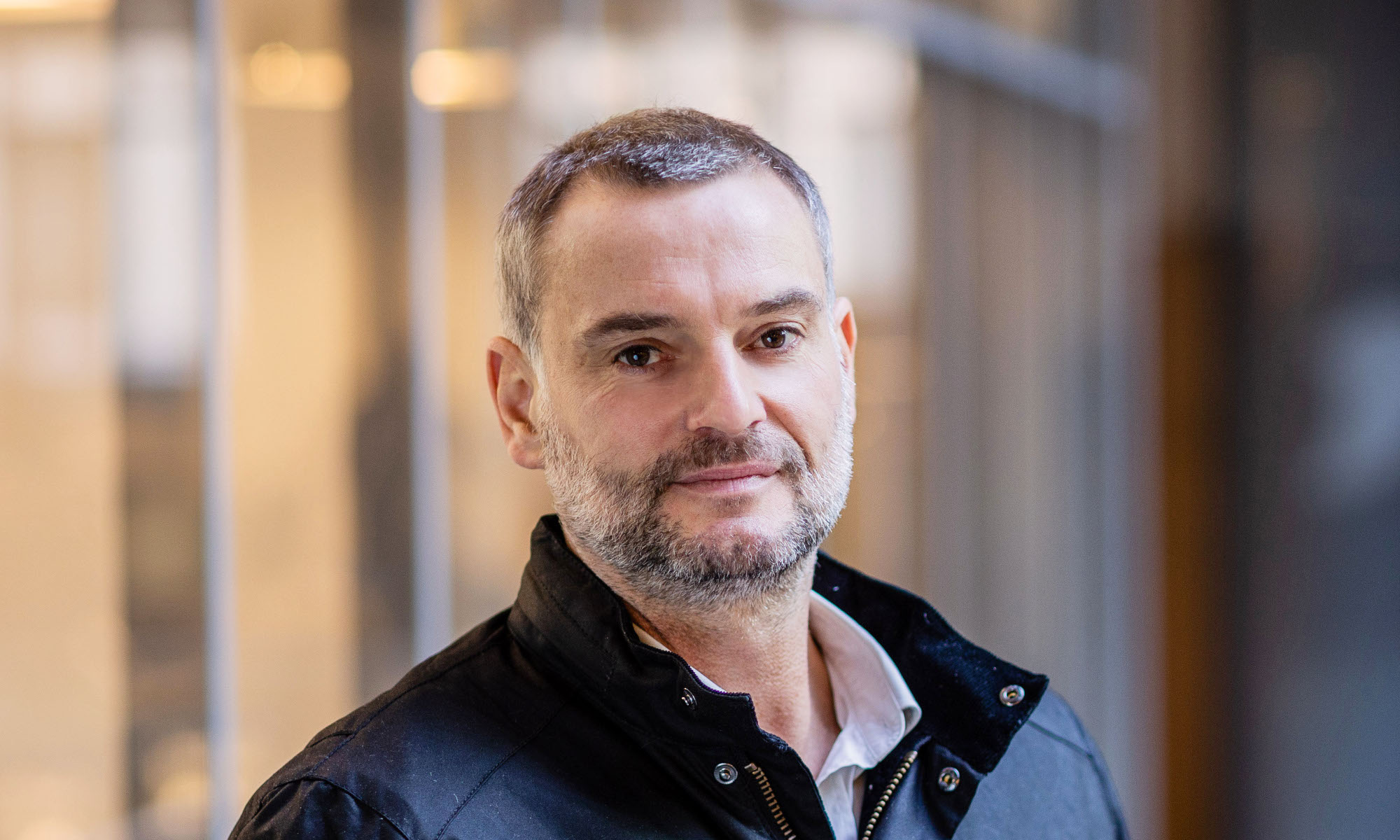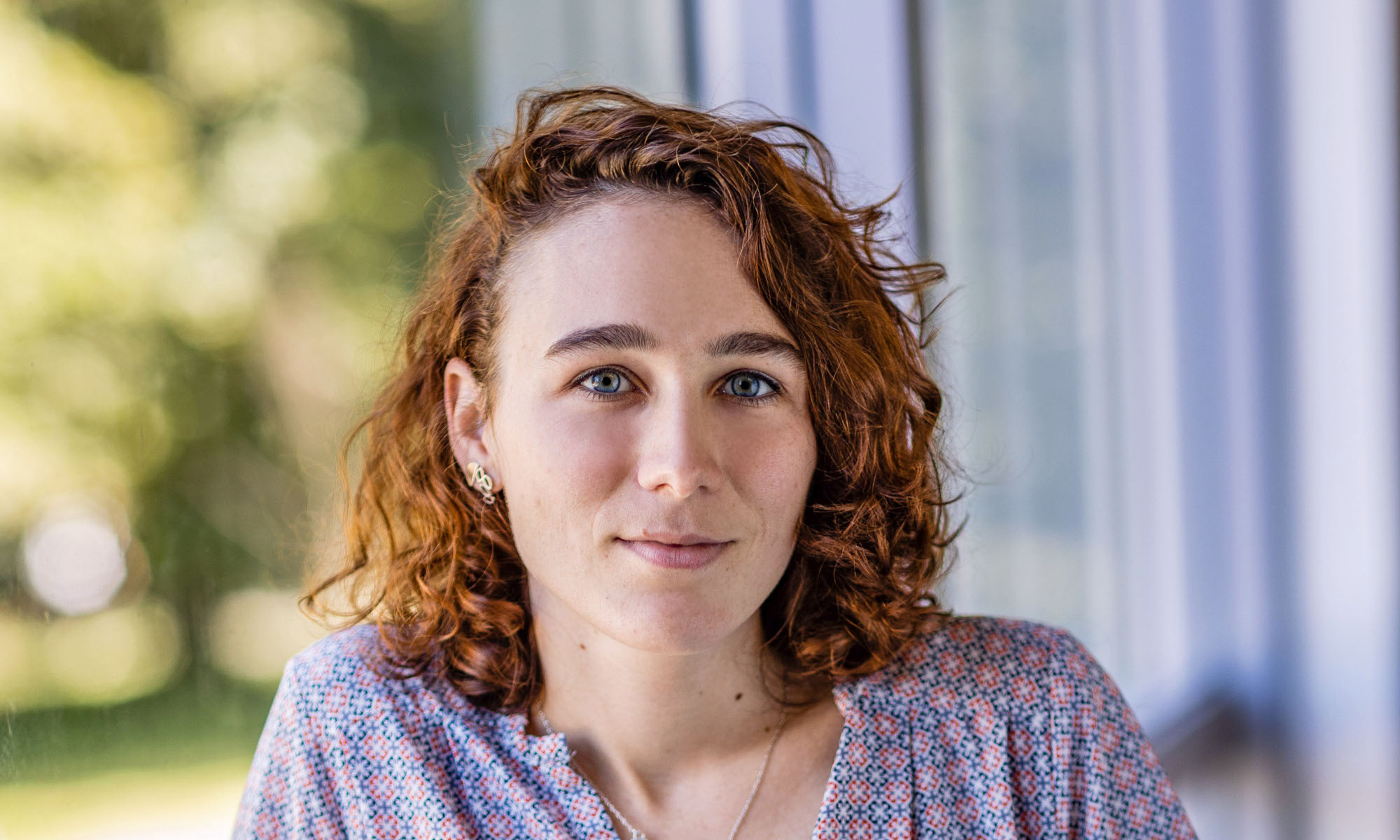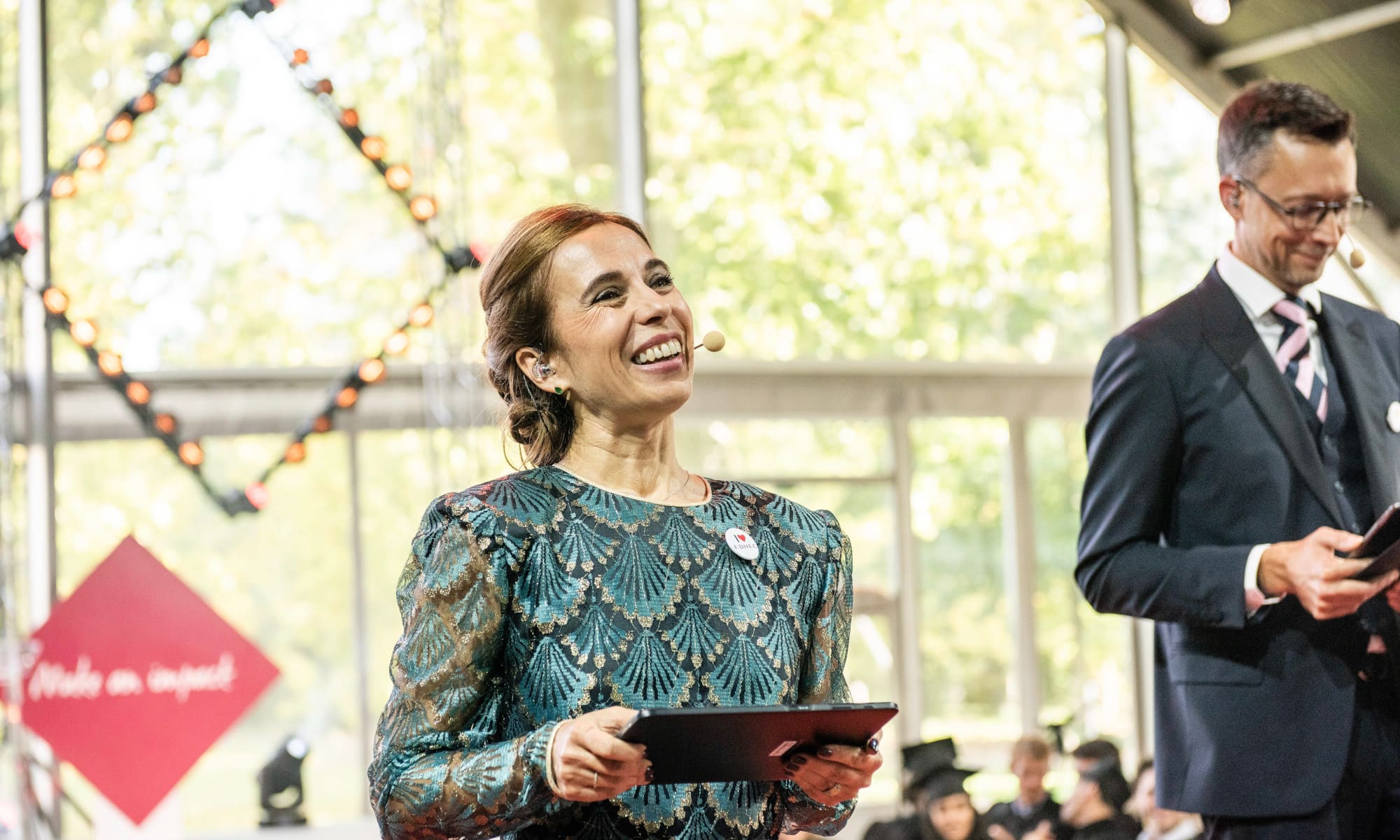(Newsletter #4) Without a collective approach, can we (really) combat our individual vulnerabilities?
Discover the latest issue of the #EDHECVox newsletter: explore the theme of individual vulnerability, highlighting the importance of anticipation, analysis, collective decision-making and support.
If you wish to subscribe to this newsletter: go to the dedicated page on Linkedin.
What makes us vulnerable or what makes us feel vulnerable undoubtedly does not have the same definition, the same contours for everyone.
On the other hand, the effects are more unanimously shared: a vulnerable individual, because he or she is more exposed, will not make the same decisions and will not ultimately occupy the same place in the world as a non-vulnerable individual.
This month, our professors and researchers use their work to shed light on various aspects of this subject. They emphasise the essential role of anticipation and analysis, but also and above all of collective choices and support.
In future issues, we'll be looking at collective 'limits' and how to manage them, as well as new trends in leadership. If this piques your curiosity, and if you’re not already following us, please subscribe here.
To browse this fourth issue on LinkedIn, follow this link.
Happy reading!

Teenagers and advertising: navigating identity in a world of consumption
By Hua Ariel Li – EDHEC Assistant Professor, Director of the MSc in Marketing Management
Adolescence is a crucial time when individuals mold their identities, often through consumption patterns, navigating the balance between asserting uniqueness and seeking peer acceptance. For Hua Ariel Li, delving into this intricate relationship is key to go beyond the traditional view that teenagers are increasingly impervious to advertising as they mature cognitively. Her research sheds light on the fact that the intense internal conflicts of this period of age creates the "optimal" conditions for succumbing to marketing influence. It's imperative to acknowledge this mechanism and adopt a more holistic approach to safeguarding their well-being… Read this article

4 questions to Bertrand Monnet on criminal risks
An interview with Bertrand Monnet – Professeur titulaire de l'EDHEC Criminal Risks Management Chair
A few weeks after the publication of a series of reports in partnership with Le Monde, viewed more than 1.6 million times to date, Bertrand Monnet talks about his methodology, his motivations and his ambitions: "[…] I base my teaching methods on research that enables me to decipher the reality of my subject and teach it to our students. In the same way as professors of finance, law or management in their field, I observe the reality of the criminal economy in the field, as close as possible to those who 'make' it, and then analyse the repercussions of this illicit value creation on the companies that our students will later manage"... Read this interview

Family businesses: why successful succession requires a long-term approach
By Rania Labaki – EDHEC Associate Professor, Director of the EDHEC Family Business Chair
Much more than in any change of direction, during the succession phase, family businesses are faced with an acute superimposition of their fragilities - affective, emotional, financial, managerial, etc. - which can accumulate and destabilise the business. Hence the need to understand, anticipate and manage them. For Rania Labaki, all dimensions need to be taken into account, to ensure the continuity and sustainability of the business: stakeholders, shareholders, tensions between tradition and innovation, management and governance, the ideal of before/after succession... Read this article

Laura Lacombe: "We believe that social diversity in the workplace will be one of the major issues of the next few years"
An interview with Laura Lacombe – Research Manager, EDHEC Diversity & Inclusion Chair
Diversity is the presence of different people in a group, according to visible or invisible criteria - a football team, a class, a company, etc. Inclusion aims to remove the barriers that limit everyone's participation in a group and to promote each person's sense of belonging and recognition. Social class, which tends to be 'invisible', is an often overlooked feature of workplace diversity. In this interview, Laura Lacombe details the many benefits of better understanding and promoting social diversity, whether for a school like EDHEC, for a company or for society as a whole. She also talks about EDHEC's 5th Diversity and Inclusion Springboard in March on this subject and the next steps within the Chair... Read this interview

Healthcare faces the dual challenge of digitalisation and illiteracy
By Loick Menvielle - EDHEC Professor and Director of the Management in Innovative Health Chair
Loick Menvielle delves into the concept of vulnerability within the health sector. He defines it as a condition where an individual is at an increased risk of experiencing harm or disadvantage due to a variety of factors, which may be physical, psychological, social, or environmental in nature. Addressing this issue necessitates a holistic, interdisciplinary approach that intersects with both ethical considerations and the social and human sciences. His research focuses on the form and repercussions of emerging technologies in healthcare, particularly highlighting the issue of e-illiteracy... Read this article

Seeing paradoxes everywhere … and learning to manage them
By Camille Pradies - EDHEC Associate Professor
From the smallest social organisations to the biggest ones, from the most hierarchical structures to the most participatory ones, decision making is central. But it involves combining dozens of criteria, the constant need for efficiency, and the pressure to come up with expected results… among other things. Camille Pradies proposes to adopt a radically different angle: paradoxes are everywhere, in diverse forms, and to ignore them – or to think that they have been “resolved” - can lead to ignoring whole strands of individual and collective possibilities. She is all about preparing students and professionals to identify and to manage their daily “paradox as usual”… Read this article

Meet Guergana Guintcheva, a Professor who is the hero of her own story
“For someone who grew up with a certain praise for sobriety, the deluge of marketing and advertising that Guergana Guintcheva discovered on her arrival in France was first a shock, then a questioning and quickly became an object of study. Her strength lies precisely in her outlook: the world of consumer society is put under the microscope of her critical mind and she quickly develops an approach to marketing based on transparency and consumer assistance, rather than manipulation. It is this very personal vision that she now passes on to her students: "For me, marketing is a tool for ethically changing consumer behaviour", she explains, "it is a noble subject when it respects the free will of the consumer, an aid to decision-making that seeks to enlighten rather than convince by any means”… Read this portrait
To read the previous issues of the #EDHECVox newsletter :
- (#3) Climate and Finance: is it now, or right now? - follow this link
- (#2) Circular economy: Why are we wasting time? - follow this link
- (#1) Greener, chattier, more connected… How do companies address "new" customers? - follow this link




